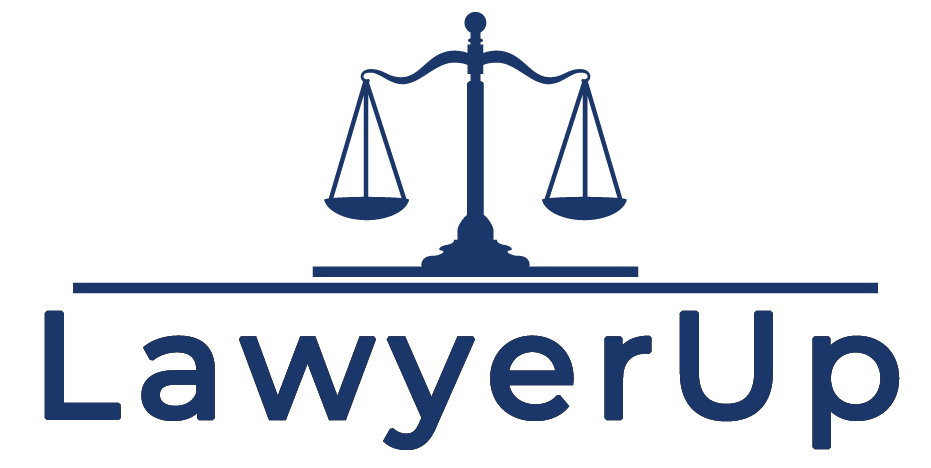
Family law is a subfield of law that addresses issues pertaining to domestic partnerships and families. It covers a broad range of topics, such as domestic abuse, child custody, marriage, divorce, and adoption. Given that it offers a legal framework to safeguard the rights and interests of individuals within a family, family law is extremely important. Nevertheless, there are drawbacks to the conventional family law approach, which has prompted the development of alternate strategies meant to resolve family law conflicts in a more practical and effective manner. The adversarial system of traditional family law is predicated on the practice of each party hiring a separate attorney to represent their interests in court. Finding win-win solutions becomes less of a priority when using this strategy, which frequently results in a combative and confrontational process. Longer litigation, more expenses, and more conflict may arise from this. On the other hand, non-traditional methods of resolving family law conflicts, like collaborative law, mediation, & arbitration, promote cooperation and goodwill. In order to come to a mutually agreeable solution, these strategies place a high value on open communication, negotiation, and problem-solving. Through the collaborative law process, both parties and their legal representatives agree to settle their legal disputes out of court.
Key Takeaways
- There are divergent approaches to family law that can be traditional or alternative.
- Collaborative law has advantages such as privacy and control, but it can also be expensive and time-consuming.
- Mediation can be a useful tool to resolve disputes and reach agreements in family law cases.
- Arbitration can provide a faster and more flexible alternative to traditional court proceedings in family law cases.
- Custody disputes can be complex, and it is important to consider the best interests of the children involved.
In order to identify their interests, consider options, and negotiate a settlement, the parties must cooperate during a number of meetings. Numerous benefits come with collaborative law, such as: 1. Control: Because they actively engage in the decision-making process, the parties have greater control over how their case turns out. 2. Privacy: Because collaborative law procedures are private, both parties are able to keep their personal information private and secure sensitive data. Three. Economical: Since collaborative law frequently calls for fewer court appearances and less time spent on legal procedures, it may be more economical than traditional litigation. Nonetheless, collaborative law is not without its limitations. It necessitates intense collaboration and a readiness for both sides to make concessions. The collaborative lawyers are not permitted to represent their clients in court if the process is unsuccessful, which could incur further expenses and cause delays.
Through the voluntary and private process of mediation, two parties to a dispute can work together to find a solution that works for both of them. The mediator is an impartial third party. The mediator helps to identify problems and suggests potential solutions while facilitating communication. In family law cases, mediation has a number of advantages, such as:1. Empowerment: The process of mediation gives the involved parties the freedom to decide for themselves what is best for their particular situation. 2. Main Goal of Mediation: Maintaining relationships is the main goal of mediation, particularly when co-parenting is involved. It promotes candid dialogue and teamwork, both of which can improve results over time. 3. Efficiency: Because mediation avoids drawn-out court procedures and enables parties to settle their differences more quickly, it is frequently less expensive and faster than traditional litigation.
For cases involving a substantial power imbalance, domestic abuse, or complicated legal matters, mediation might not be appropriate. In certain situations, alternative strategies might be more beneficial for the parties’ safety and wellbeing. By acting as a private judge and rendering a legally binding decision in a dispute, an impartial third party, the arbitrator, settles disputes. Compared to mediation, it is a more formal and structured process that is similar to a judicial proceeding. When it comes to family law cases, arbitration has a number of advantages. Flexibility: The process is more at the parties’ disposal; they can decide on the arbitrator, the date, & the venue for the proceedings. 2. Expertise: To guarantee that the decision is made by a person with relevant experience in the field, the parties may choose an arbitrator who specializes in family law. 3. Finality: The arbitration decision gives the parties involved a sense of certainty and finality because it is binding and enforceable. Arbitration, however, might not be appropriate in situations where the parties would prefer a more cooperative and collaborative approach.
| Speaker | Topic | Duration | Attendees |
|---|---|---|---|
| John Smith | Collaborative Law | 45 minutes | 120 |
| Jane Doe | Mediation vs. Litigation | 30 minutes | 90 |
| David Lee | Child Custody and Support | 60 minutes | 150 |
| Samantha Brown | Domestic Violence and Family Law | 45 minutes | 100 |
The possible expenses & the restricted ability to challenge the arbitrator’s ruling should also be carefully considered. One of the most difficult & delicate aspects of family law cases is frequently the custody dispute. They include figuring out what’s in the child’s best interests and creating a parenting strategy that supports their welfare. These intricacies can be navigated through various family law strategies. A parenting plan that fits the child’s needs can be developed by the parents with the support of collaborative law, which can offer a forum for candid dialogue and cooperation. Since mediation enables both parents to actively participate in the decision-making process and find common ground, it can also be beneficial in custody disputes. Arbitration can offer a more organized and effective procedure for settling custody disputes in situations where the parents are unable to come to an agreement.
The children’s best interests must always come first in family law cases involving children. A legal precept known as the “best interests of the child standard” directs judges when they are making decisions about custody, visitation, & other issues involving children. The needs of children can be given the highest priority in family law by utilizing a variety of strategies. Parents have the opportunity to prioritize their child’s welfare & come to decisions that serve their best interests through collaborative law, mediation, and arbitration. These methods promote candid communication, teamwork, and the creation of parenting strategies that take into account each child’s particular needs. Family law cases frequently involve domestic violence, which calls for extra care and consideration. While taking care of the legal aspects of the case, it is crucial to guarantee the victims’ safety and wellbeing.

Effective family law responses to domestic abuse can take various forms. Due to the high degree of cooperation and trust that collaborative law requires between the parties, it might not be appropriate in cases involving domestic abuse. If suitable measures are taken to guarantee the victim’s safety & a fair and impartial process, mediation may be an option. In situations where there is a serious threat of domestic abuse, legal action may be required to protect the victim’s rights and offer immediate protection. While they may affect the parties’ views, values, & expectations, cultural and religious differences can have a big impact on family law cases. To guarantee just & equitable results, it is imperative to handle these differences with sensitivity & respect. Effective approaches to family law can be employed to tackle these variations. In order to reach a resolution, the parties can examine cultural & religious factors thanks to the platforms that collaborative law and mediation offer for honest communication and understanding.
Using these strategies, the parties are encouraged to identify areas of agreement and create solutions that honor their respective cultural & religious convictions. When there are irreconcilable differences, it might be necessary to use arbitration or litigation to safeguard each party’s legal rights. Family law is a discipline that is always changing, with new developments and trends influencing its direction. For instance, technology has been crucial in enhancing legal process efficiency and increasing access to justice. Virtual hearings, electronic filing systems, and online dispute resolution platforms are just a few instances of how technology is changing family law. The use of alternative dispute resolution techniques like collaborative law, mediation, and arbitration is another developing trend. The efficacy of these approaches in settling family law disputes & encouraging cooperative resolutions is increasingly being acknowledged.
In summary, family law is a complicated & multidimensional field of law that necessitates careful thought and specialized methods. Even though conventional family law has its drawbacks, less formal methods like collaborative law, mediation, and arbitration provide more cooperative and friendly means of resolving conflicts involving family law. These strategies put an emphasis on direct communication, compromise, & problem-solving, which produces more successful and efficient results. It is crucial for people handling family law cases to think about these different strategies and select the one that best fits their particular situation. By doing this, they can safeguard their rights and interests and advance a more cooperative and advantageous resolution.
If you’re interested in learning more about divergent family law and how it can impact your legal situation, I highly recommend checking out LawyerUp Group’s website. They have a wealth of resources and information on various aspects of family law. One article that caught my attention is their case study on a single parent’s custody battle. It provides valuable insights into the complexities of navigating child custody issues and highlights the importance of having a skilled attorney by your side. To read this informative article, click here.








